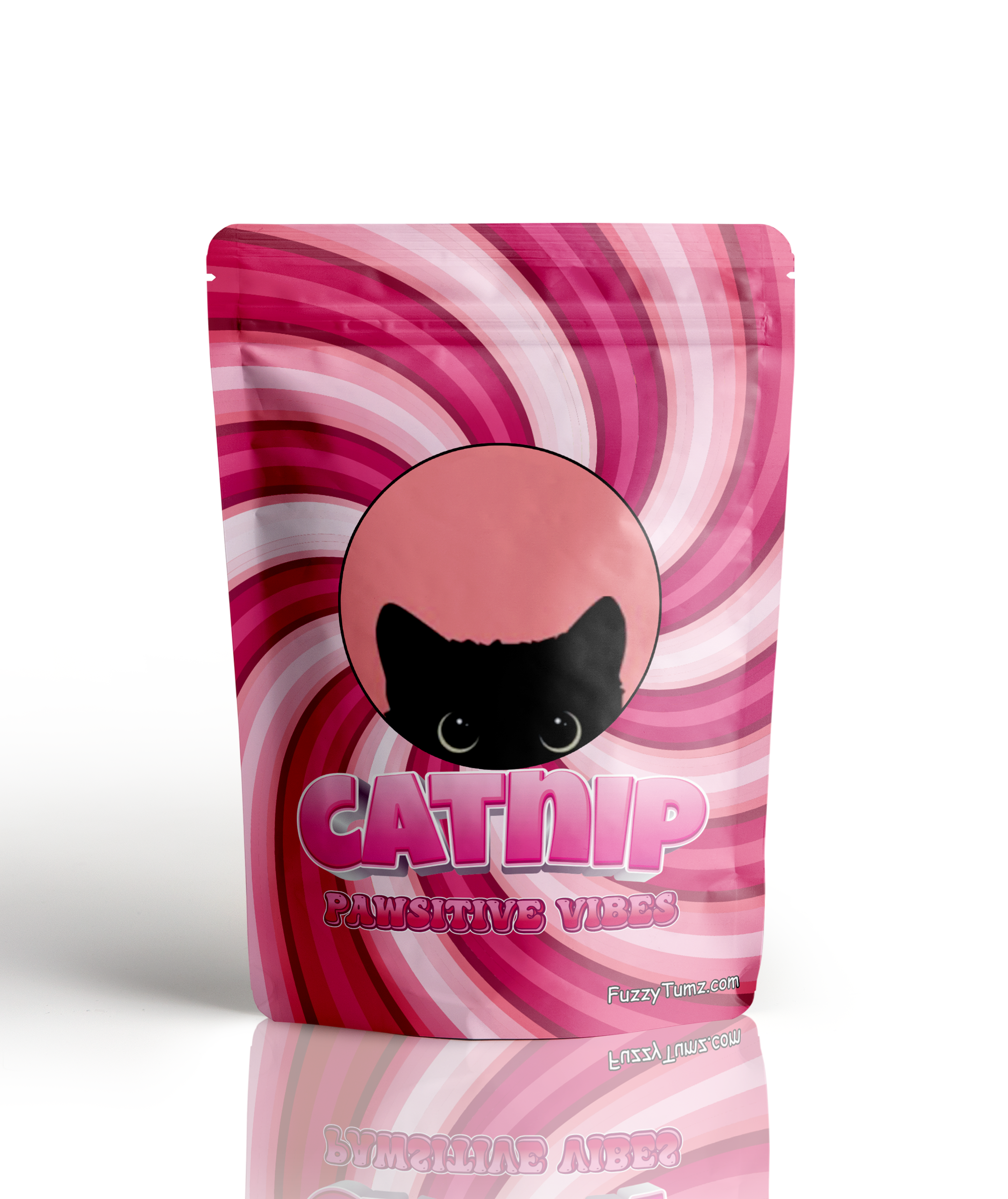Home » Cat Plants » What Makes the Gladiola Dangerous for Cats?

Gladiola, also known as gladiolus or sword lily, is a popular flowering plant that belongs to the iris family. While these elegant and colorful flowers make a stunning addition to gardens and bouquets, they unfortunately pose a significant risk to our feline friends.
While not necessarily allergic to gladiola, the plant is highly toxic to cats if ingested. All parts of the gladiola plant contain toxic principles, with the highest concentration found in the corms or bulbs.
Gladiola plants are commonly found in gardens, floral arrangements, and even as houseplants.
Ingestion may cause mild gastrointestinal upset, but is generally not life-threatening.
Ingestion can result in mild symptoms like vomiting, diarrhea, or drooling. Rarely fatal but may require veterinary care.
Eating these plants can lead to more pronounced symptoms like abdominal pain, lethargy, or difficulty breathing. Veterinary intervention may be necessary.
Ingesting even small amounts can cause severe symptoms like organ damage, seizures, or cardiac failure without rapid treatment.
All parts of these plants are extremely poisonous to cats and can quickly lead to death, even with immediate veterinary care.
** Please note: Please note that toxicity level can vary based on the amount ingested and the specific cat. It's always best to keep these plants completely inaccessible to cats and seek immediate veterinary care or call the poison hotline if you suspect your cat has ingested any part of a toxic plant.
If a cat has ingested any part of a gladiola plant, they may exhibit various symptoms indicating poisoning. The severity of the symptoms depends on the amount of the plant consumed. Common signs of gladiola poisoning in cats include:
If you suspect your cat has ingested gladiola, it is crucial to seek veterinary care immediately. Your veterinarian will likely follow these steps to diagnose and treat gladiola poisoning:

A: Gladiola is toxic to cats and can cause serious health issues. Ingesting any part of the plant can lead to vomiting, drooling, and lethargy in cats.
A: Signs of Gladiola poisoning in cats include vomiting, diarrhea, and excessive drooling. Cats may also show signs of abdominal pain and loss of appetite.
A: If your cat has ingested Gladiola, seek veterinary care immediately. Treatment may involve inducing vomiting and administering fluids to prevent dehydration.
A: Yes, other plants like Lilies and Tulips are also harmful to cats. It’s essential to keep these and other toxic plants away from your pets.
A: To keep your cat away from Gladiola plants, place them in areas inaccessible to pets or choose non-toxic plants instead. Providing safe chew toys and cat grass can help distract your cat from chewing on houseplants.
A: If your cat eats Gladiola, contact your veterinarian immediately for advice. Early intervention can help mitigate the toxic effects and ensure your cat’s safety.
Gladiola, or gladiolus, is a genus of perennial flowering plants that originated in South Africa, Mediterranean Europe, and Asia. The name “gladiolus” comes from the Latin word “gladius,” meaning sword, referring to the plant’s sword-shaped leaves. Gladioli have been cultivated for centuries, with the first recorded cultivation dating back to ancient Greece and Rome.
In the 18th century, European botanists began hybridizing gladioli, leading to the development of the large-flowered varieties we know today. Gladioli gained popularity in the United States during the 19th and 20th centuries and continue to be a favorite among gardeners and florists worldwide.
Please note: The information shared in this post is for informational purposes only and should not be considered as veterinary medical advice.
